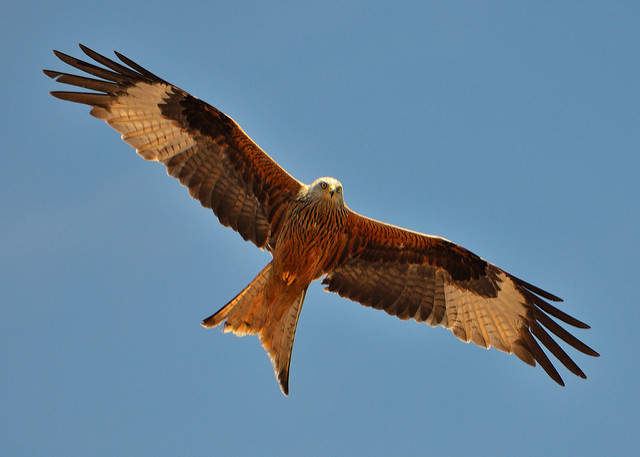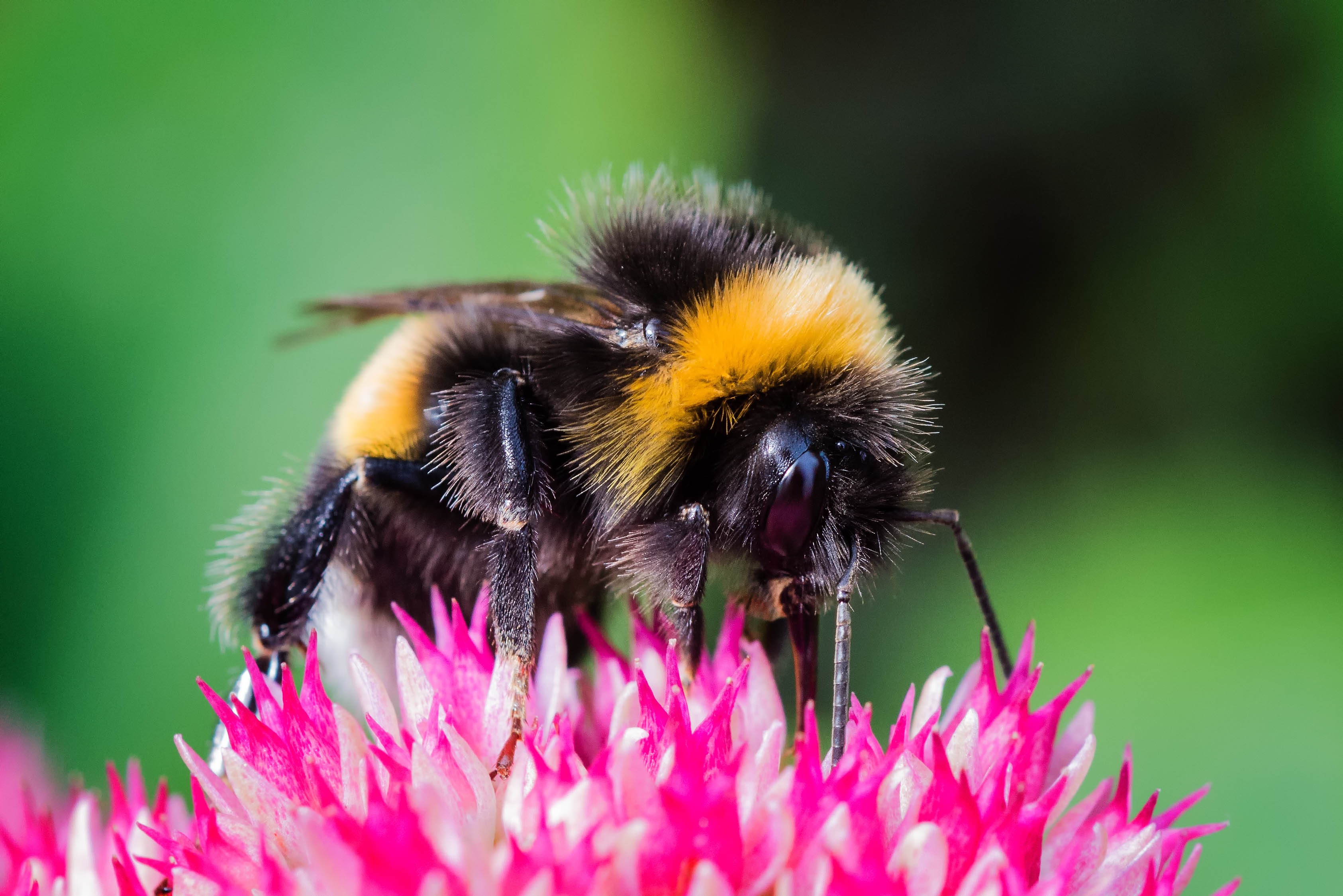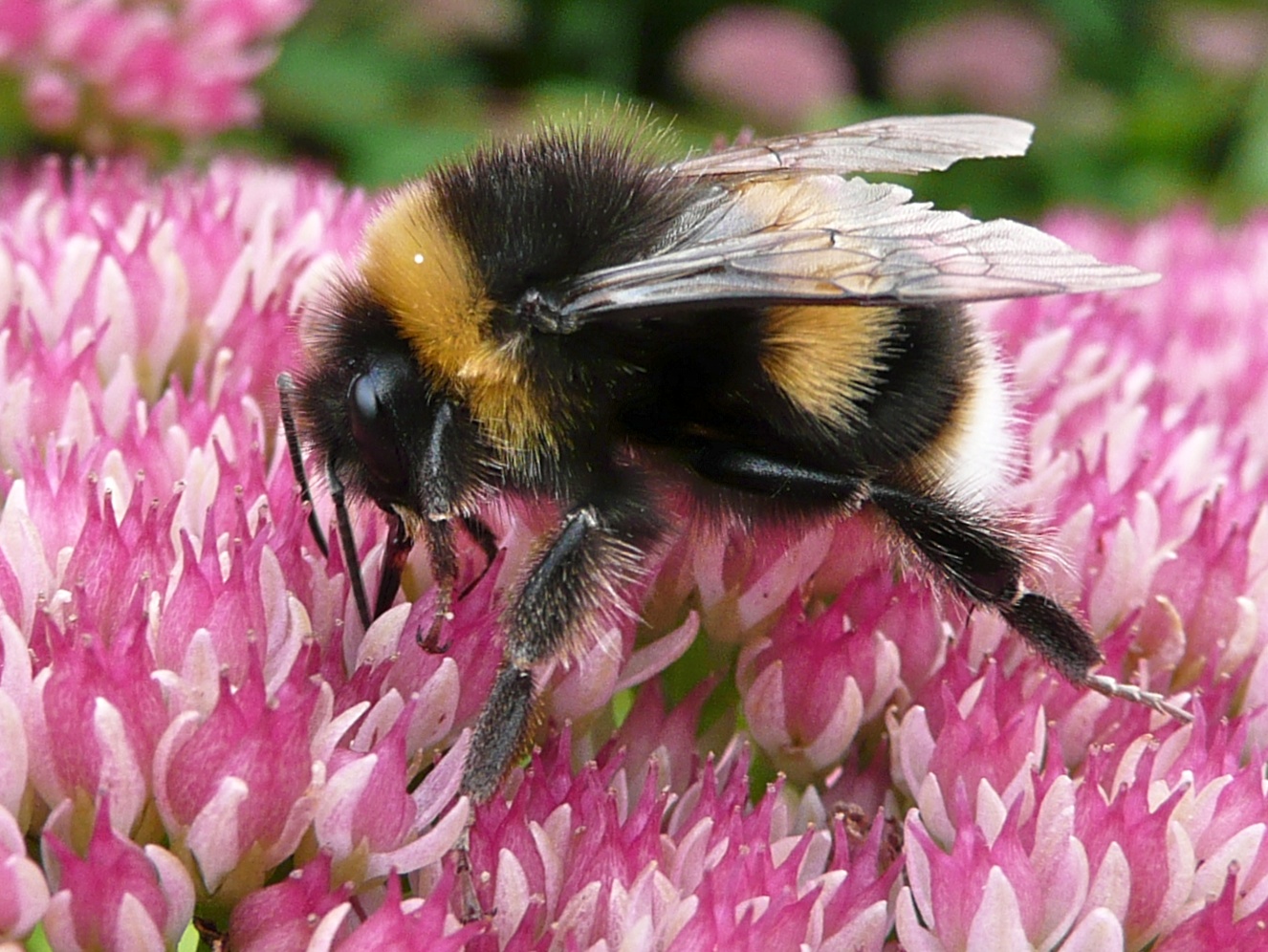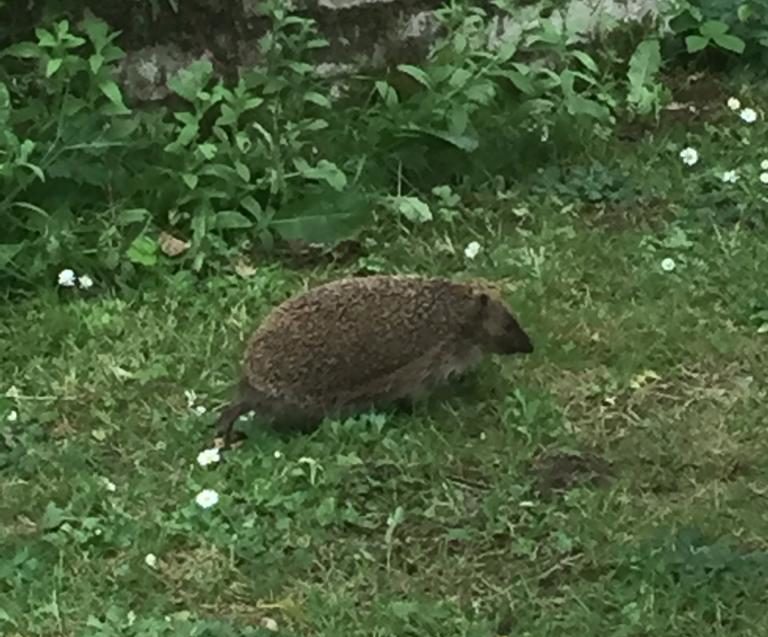 BBC News reports the reintroduction of red kites to an area of outstanding natural beauty 30 years ago has been a “true conservation success story”, an expert has said. Numbers of kites had declined over a 200-year period and by the 1980s they were one of only three globally-threatened species in the UK.
BBC News reports the reintroduction of red kites to an area of outstanding natural beauty 30 years ago has been a “true conservation success story”, an expert has said. Numbers of kites had declined over a 200-year period and by the 1980s they were one of only three globally-threatened species in the UK.
Thirteen young birds were brought over from Spain and released in the Chiltern Hills in July 1990.They are now “thriving”, with an estimated 1,800 UK breeding pairs.
Photo by Noel Reynolds under creative commons.

 The
The  The
The 